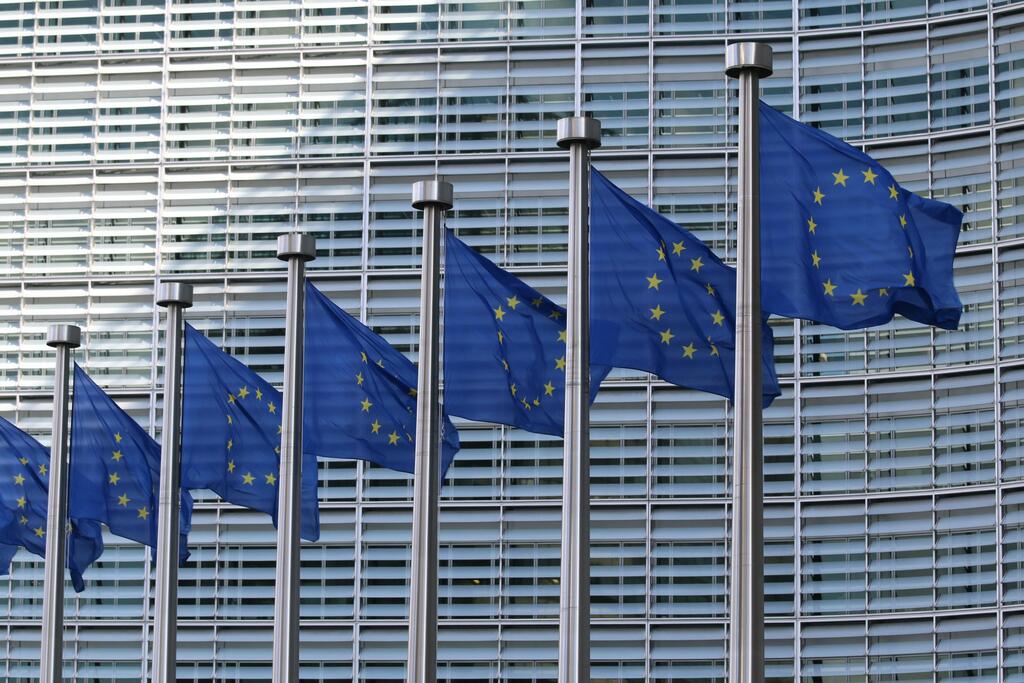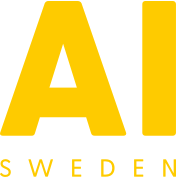AI Sweden's position on the AI Act
AI Sweden is publishing its updated position on the AI Act and inviting partners to engage.

On April 21, 2021, the Commission presented the so called AI Act – a legislative proposal for regulating the development and use of AI in the European Union.
AI Sweden has previously expressed serious concerns about the European Commission’s proposal on the AI Act. Having followed how ongoing legislative deliberations have unfolded in Brussels, AI Sweden is proposing several recommendations to avoid undermining Europe’s competitiveness and digital ambitions.
The main points in the position paper are:
- Ensure that the definition of AI is in line with the commonly accepted OECD definition of AI
- Avoid double-verification processes and exclude AI systems that are already covered by EU safety regulations
- High-risk AI should only include systems that may pose a potentially high risk to safety or fundamental rights
- Adding the concept of General Purpose AI makes the legislation ambiguous when it comes to liability and responsibility
- Stronger mandate for the AI board
- Task the AI board with writing an interim report after a minimum of two years after the legislation enters into force
- Similar rules across the globe – Strive for similar AI rulebooks in democratic states
Read the position paper with the full recommendations
If you want to engage in influencing the negotiations on the AI Act, in line with this position paper, please contact Mikael Ljungblom.
On a general note, partners are encouraged to make use of this position paper in what way they see fit. For example, by referring to it in their own positions, taking inspiration from it or spreading it to relevant decisionmakers.
Background
The negotiations are currently being guided by the Czech Presidency in the Council of Ministers and will be taken over by the Swedish Presidency from January 1, 2023. In parallel, the European Parliament is developing their position with a final vote expected in November 2022. Once the positions of both the Council of Ministers and the European Parliament have been finalized, the two institutions will hold a final negotiation together with the European Commission. This will likely take place during the spring of 2023.

